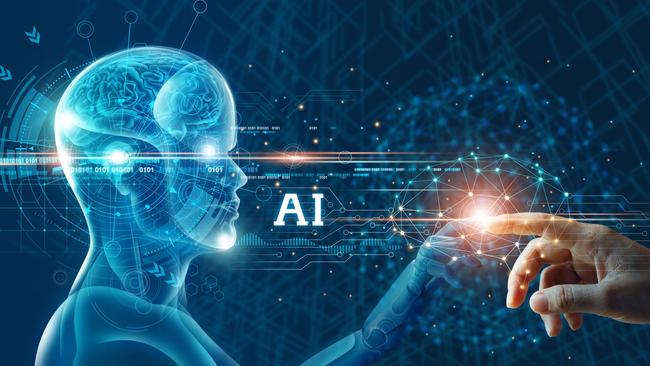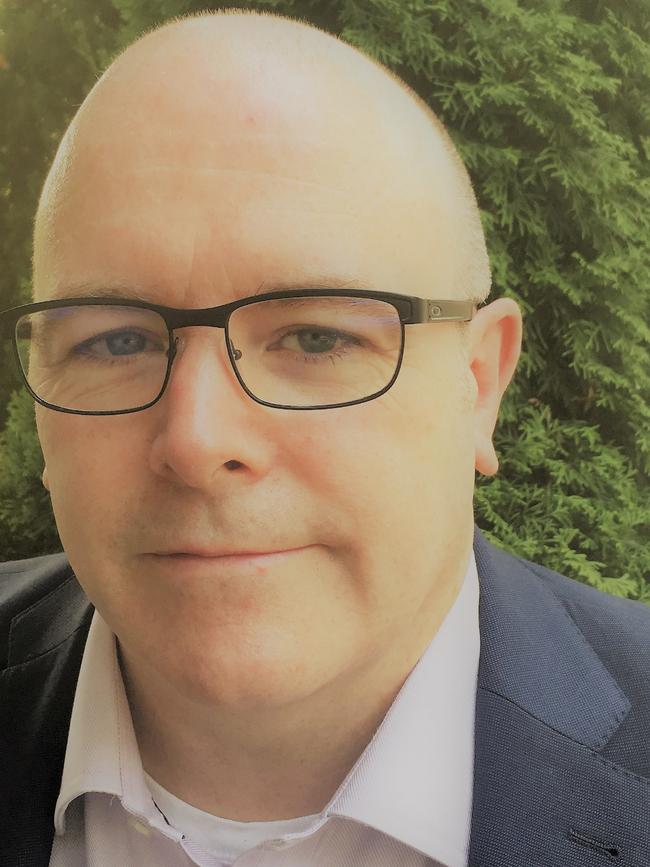Would you trust AI to find your perfect job? Microsoft director says results are ‘mind blowing’
Much of AI’s focus has been about how it will shape the future of work, but what about if you’re looking for a job? It turns out it can revolutionise that process too and here’s how.

Jobseekers can take advantage of the rise of generative AI, the much-hyped technology that is being hailed as a way to lift flatlining productivity.
While much of the AI focus has been on how it takes the drudgery out of work, freeing up staff for more valuable tasks, it can also help people land the perfect role.
How? ChatGPT and other AI platforms are being used to simulate job interviews, refining responses to questions likely to be asked about a candidate’s skills and the role, as well as offering interview tips. Think of it as a personal coach, taking guesswork out of a stressful and time-consuming process.
“ChatGPT compares your CV to the job description and then it can actually interview you for the role,” said Daragh Morrisey, Microsoft’s AI director working with financial service companies.

“It’s quite good at taking a set of requirements and simulating stuff around that.”
AI can even help a jobseeker write a thankyou note after an interview, with Microsoft’s AI Copilot platform able to emulate a person’s writing style based on previous emails, messages and other correspondence.
I works both ways. HR departments are increasingly using AI to draft job requisitions, descriptions and even advertisements to find the perfect candidate.
“One partner who has taken it to the next level built an RFP (request for proposal) generator,” Mr Morrisey said.
“So you can take RFI (request for information) documents and it will write the RFP and even staff it with people and costs. It will do a competitive analysis. It was mind blowing.
“They’re not 100 per cent accurate. But imagine if you had something that will get you like 50 or 70 per cent there, it will save you a tonne of costs.”
More Australians are warming to AI. A Dye & Durham survey of 1600 people found most think the technology will support, not cost them, their jobs.
Dye & Durham Australia managing director Dennis Barnhart said AI was becoming an accepted part of business in law firms and other professional services organisations.
The survey, released before Christmas, found 50 per cent of respondents believed AI would benefit doctors and other health professionals.
Meanwhile, the number of workers who believed AI would have no impact on their jobs fell to 55 per cent in the December pulse survey from 57 per cent in September.
As The Australian’s 2024 CEO Survey revealed, the technology is one of the few levers chief executives can pull to increase output, but calls are mounting to rein in the use of AI.
AI relies on data – or more precisely other people’s content, such as novels, newspaper articles, poems and other literature – to deliver. Artists, musicians and publishers say the tech giants must compensate them fairly. The matter is before the courts, with The New York Times suing Microsoft and ChatGPT maker Open AI, alleging their AI models used millions of articles for training without permission.




To join the conversation, please log in. Don't have an account? Register
Join the conversation, you are commenting as Logout